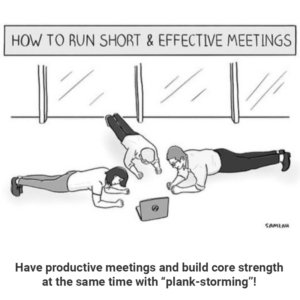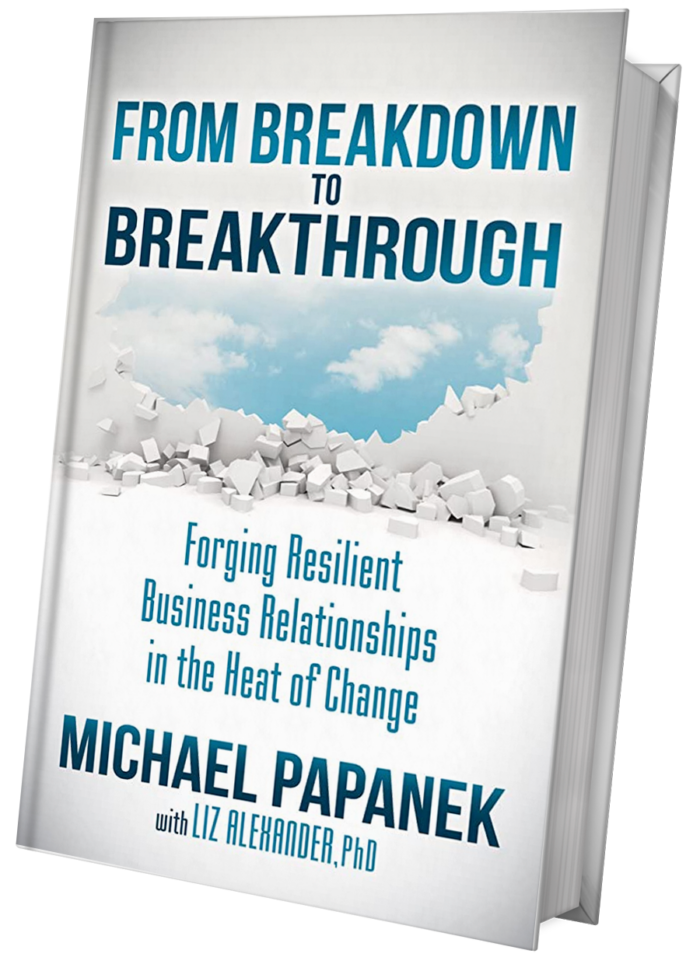When I read about Walmart including compassion training in their leadership programs, it struck a chord deep within me. Compassionate leadership is so much more than just a business strategy; it’s about real people facing real struggles.
We’ve Got Your Back
For me, the concept of compassionate leadership is deeply personal. Over 20 years ago, my family was hit with one of life’s most devastating challenges. The details are far too painful to share, but the impact on my wife, kids, and entire extended family was immense.
At that time, I was fortunate to be working at a small training and consulting firm where I had been a valued employee for several years. When my crisis hit, the senior leadership did everything they possibly could to support me. Their focus was on helping me be there for my family during this critical time.
They understood that my ability to focus on work would be impaired. Yet, they assured me, through their actions more than their words, that I had their unwavering support. They offered me flexible hours, continuing health benefits, and whatever else I needed to navigate this difficult situation. This incredible kindness allowed me to be there for my family when they needed me most, while also providing some financial security, access to community, and a sense of normalcy.
I’ll never forget a conversation I had with the company president during one of our darkest hours. She looked me right in the eye and said, “We’ve got your back, Michael. No. Matter. What.” And in that moment, I knew she wasn’t just saying words; she meant them with every fiber of her being.
Of course, their compassion towards me wasn’t always easy. Grief and trauma can make people act erratically. I was often stressed, upset, and couldn’t always articulate what I needed. But my leaders persevered. They understood that true compassion requires courage and resilience, especially during challenging times.
On Wings of Eagles
This wasn’t the first time I had witnessed compassionate leadership. Years earlier, I had been a systems engineer and team leader at Electronic Data Systems (EDS was the old Ross Perot company that was purchased by GM, later absorbed by HP).
EDS was a company known for its unwavering commitment to its employees. A story that perfectly exemplifies this culture is the time they conducted a covert military operation to rescue a group of employees who were being held hostage in the Middle East. This story, chronicled in the book “On Wings of Eagles”, had a profound impact on me. It planted a seed letting me know that there were companies out there that truly valued their employees. I read that book, applied for a job and worked there 8 years. I learned that at EDS we would do anything to support an employee and their family. This was deep in the culture, which in some ways could also be harsh. I never did parachute into hostile territory, but I saw and participated in many acts of kindness, small and large, mostly done in private. I honor my old EDS bosses here as well.
Compassionate leadership isn’t just a feel-good sentiment; it’s a powerful force that can have a profound impact on people’s lives. It can make the difference between feeling utterly lost and knowing that you have a support system that will see you through anything.
The Most Important Thing?
Kindness and compassion do help the bottom line. I have seen the impact of more kindness and compassion on teams: e.g. increased trust, less drama when sharing feedback and easier resolution of conflict. I have also seen how a lack of compassion, especially from the very top, can seep down through the organization leading to toxic cultures that eventually fail.
I want the leaders reading this to know it can mean so much more. Maybe these acts of kindness might be the most important thing you ever do in your professional life?
The people who showed so much kindness to me back then know who they are, and some – I hope – will read this post. I want them to know that what they did for me, and for my family was so important – I still appreciate it now. That to me was true leadership.
No matter what has happened in their career, these leaders should always look back knowing that regardless of what they did or failed to do, they made a big difference to one man, to one family, at a time when they needed it most.
Immediate Application Suggestion:
While some fields, like healthcare, have considered compassion as a key component of leadership competency, most organizations do not. Next time you and your team have a decision to make, especially one with tough tradeoffs, ask the question: What would be the kindest, most compassionate thing to do?







